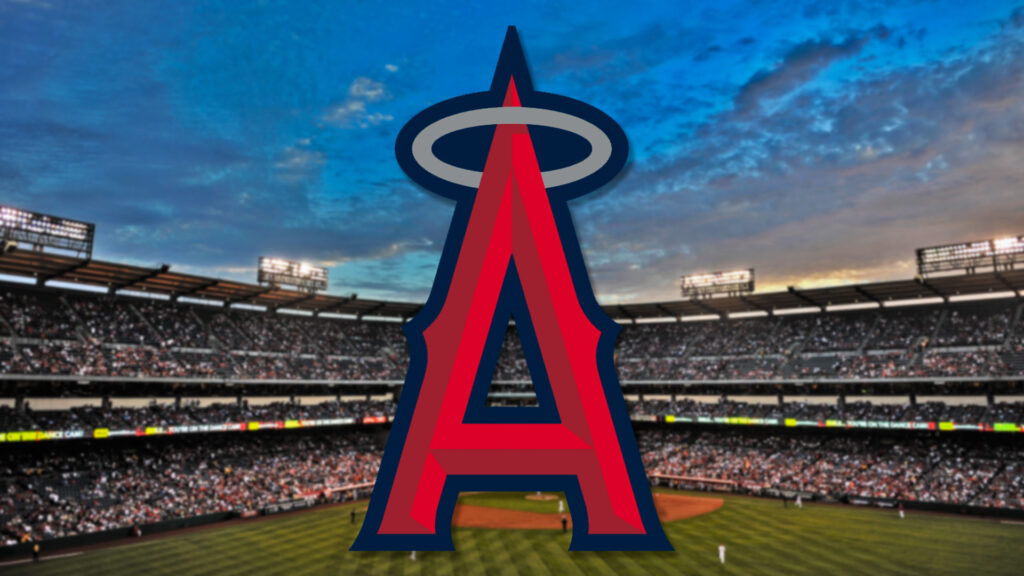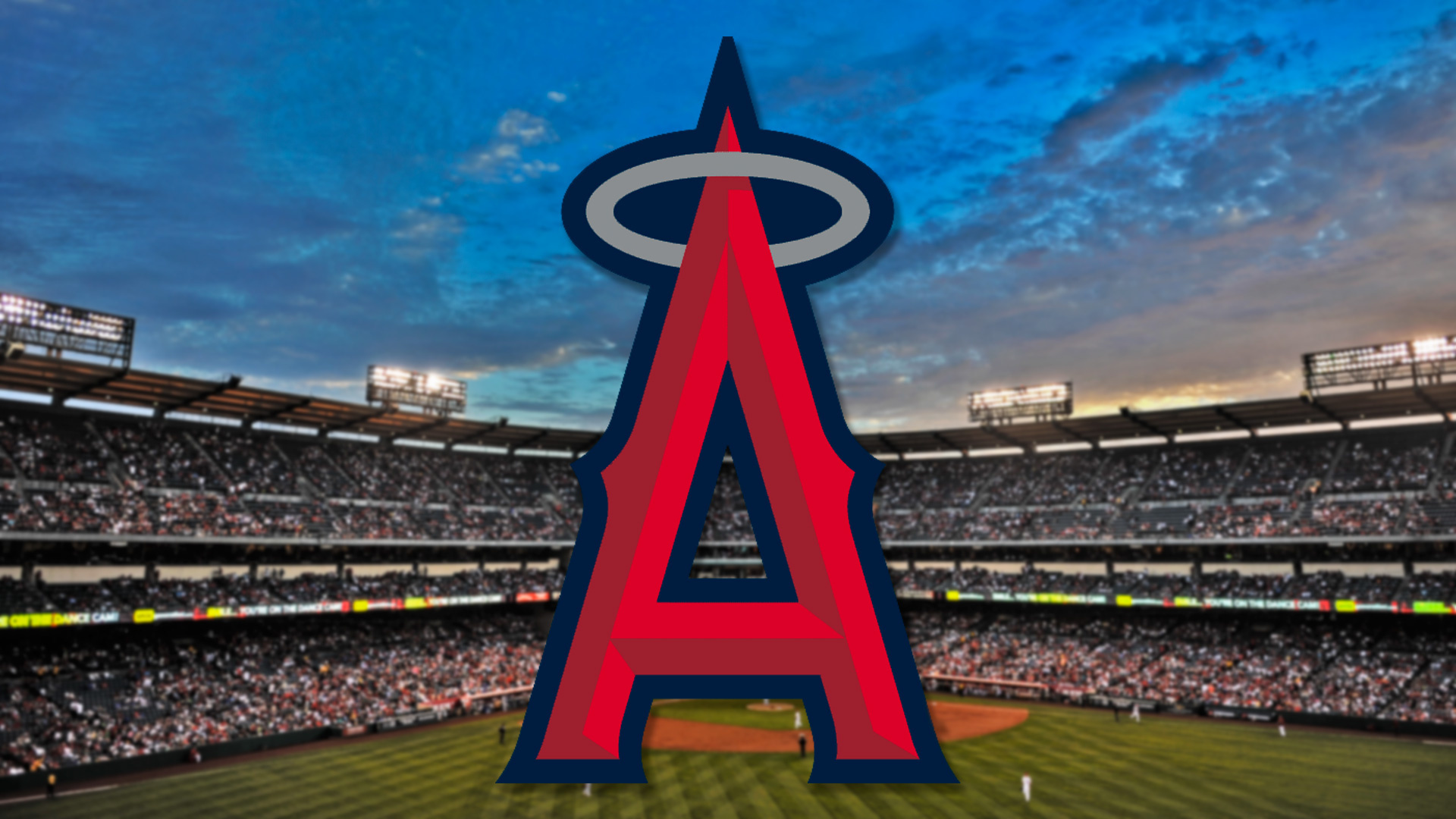
Dugout Dreams: Exploring the Baseball Californian Teams Landscape
California, a state synonymous with sunshine and stardom, also boasts a rich and vibrant baseball culture. From the iconic Dodgers and Giants to the up-and-coming Padres and Angels, the baseball Californian teams provide a captivating tapestry of tradition, competition, and unwavering fan loyalty. This article delves into the heart of California’s baseball scene, examining the history, rivalries, and future prospects of its major league franchises.
A Legacy of Legends: The Giants and Dodgers
No discussion of baseball Californian teams is complete without acknowledging the storied history of the San Francisco Giants and the Los Angeles Dodgers. These two franchises, originally based in New York (as the Giants and the Brooklyn Dodgers, respectively), transplanted their intense rivalry to the West Coast in 1958, forever shaping the California baseball landscape.
The Giants, with their iconic stadium overlooking McCovey Cove, have a legacy of power hitting and unforgettable moments. From Willie Mays’s legendary catch to Barry Bonds’s record-breaking home runs, the Giants have consistently provided fans with thrilling baseball. Their multiple World Series championships, including the remarkable run of titles in 2010, 2012, and 2014, cement their place as one of the premier baseball Californian teams. The team’s current focus is on rebuilding and developing young talent, hoping to return to their championship form soon.
The Dodgers, on the other hand, have a history steeped in glamour and Hollywood appeal. Their iconic Dodger Stadium, nestled in the hills of Los Angeles, is a cathedral of baseball. The Dodgers have a rich tradition of success, boasting numerous National League pennants and World Series titles. Their recent dominance, fueled by stars like Mookie Betts and Freddie Freeman, has solidified their status as a perennial contender. The rivalry between the Dodgers and Giants remains one of the most intense and captivating in all of sports, a true showcase of baseball Californian teams‘ passion.
Southern California Showdown: Angels and Padres
While the Giants and Dodgers dominate the northern part of the state, Southern California is home to two other compelling baseball Californian teams: the Los Angeles Angels and the San Diego Padres.
The Angels, despite their name, play their home games in Anaheim, a suburb of Los Angeles. They have a history of exciting baseball, highlighted by their 2002 World Series victory. The presence of superstars like Mike Trout and Shohei Ohtani has consistently drawn fans to Angel Stadium, even if team success has been inconsistent. The Angels’ challenge lies in building a consistent winner around their star players and competing with the other dominant baseball Californian teams.
The San Diego Padres, located in the vibrant city of San Diego, have undergone a significant transformation in recent years. With a commitment to building a championship-caliber team, the Padres have acquired some of the game’s biggest stars, including Juan Soto, Manny Machado, and Fernando Tatis Jr. Their passionate fanbase and beautiful ballpark, Petco Park, create an electric atmosphere. The Padres are poised to challenge for National League supremacy and represent the growing competitiveness of baseball Californian teams. [See also: Padres Potential Postseason Push]
The Future of California Baseball: Emerging Talents and Shifting Dynamics
The landscape of baseball Californian teams is constantly evolving. Each franchise is focused on developing young talent, making strategic acquisitions, and adapting to the ever-changing dynamics of the game. The success of each team depends on a multitude of factors, including scouting, player development, coaching, and, of course, a little bit of luck.
One key trend is the increased emphasis on data analytics in baseball. Teams are using advanced metrics to evaluate players, optimize strategies, and make informed decisions. This data-driven approach is transforming the way the game is played and managed, and the baseball Californian teams are at the forefront of this revolution. [See also: Advanced Metrics in Baseball Analysis]
Another important factor is the growing internationalization of baseball. Teams are actively scouting and recruiting players from around the world, bringing diverse talent and perspectives to the game. This influx of international players is enriching the sport and expanding its global appeal. The baseball Californian teams have consistently benefited from international talent, showcasing the global reach of the sport.
Rivalries That Define California Baseball
The intense rivalries between the baseball Californian teams add another layer of excitement and intrigue to the state’s baseball scene. The Dodgers-Giants rivalry is legendary, but other rivalries are also gaining prominence.
The Angels and Dodgers, despite being located in the same metropolitan area, have a spirited rivalry known as the Freeway Series. These interleague matchups provide bragging rights for fans in Southern California. The Padres and Dodgers also have a growing rivalry, fueled by their increased competitiveness and postseason clashes. These rivalries contribute to the overall passion and excitement surrounding baseball Californian teams.
The Economic Impact of Baseball Californian Teams
Beyond the on-field excitement, the baseball Californian teams have a significant economic impact on their respective communities. They generate revenue through ticket sales, merchandise, concessions, and broadcasting rights. They also create jobs and attract tourism, contributing to the overall economic well-being of the state.
The construction and maintenance of stadiums also generate economic activity. These facilities serve as venues for other events, such as concerts and festivals, further enhancing their economic impact. The baseball Californian teams are not just sports franchises; they are also important economic engines.
Fan Culture and Community Engagement
The passionate fan bases of the baseball Californian teams are an integral part of the state’s baseball culture. Fans attend games, wear team colors, and passionately support their favorite players. They create a sense of community and belonging that extends beyond the ballpark.
The teams also engage in various community outreach programs, supporting local charities, schools, and youth sports leagues. They use their platform to make a positive impact on the lives of others. This community engagement further strengthens the bond between the teams and their fans. The connection between baseball Californian teams and their communities is a vital aspect of the sport’s enduring appeal.
Conclusion: A Bright Future for Baseball Californian Teams
The baseball Californian teams represent a vibrant and dynamic part of the state’s sports landscape. With their rich history, intense rivalries, and passionate fan bases, they provide a captivating spectacle for baseball enthusiasts. As the game continues to evolve, the baseball Californian teams are poised to remain at the forefront, showcasing the talent, competition, and excitement that make baseball America’s pastime. Whether you’re a lifelong fan or a casual observer, the world of baseball Californian teams offers something for everyone. The future looks bright for baseball Californian teams, with continued investment in talent and a commitment to providing fans with unforgettable experiences. The baseball Californian teams are more than just teams; they are cultural institutions that bring communities together and inspire generations of players and fans. The success of baseball Californian teams is vital to the overall health of baseball in the United States. Supporting baseball Californian teams is supporting the future of the game. And let’s not forget, baseball Californian teams provide a great source of entertainment for families and friends. So, grab your glove, head to the ballpark, and experience the thrill of baseball Californian teams!

